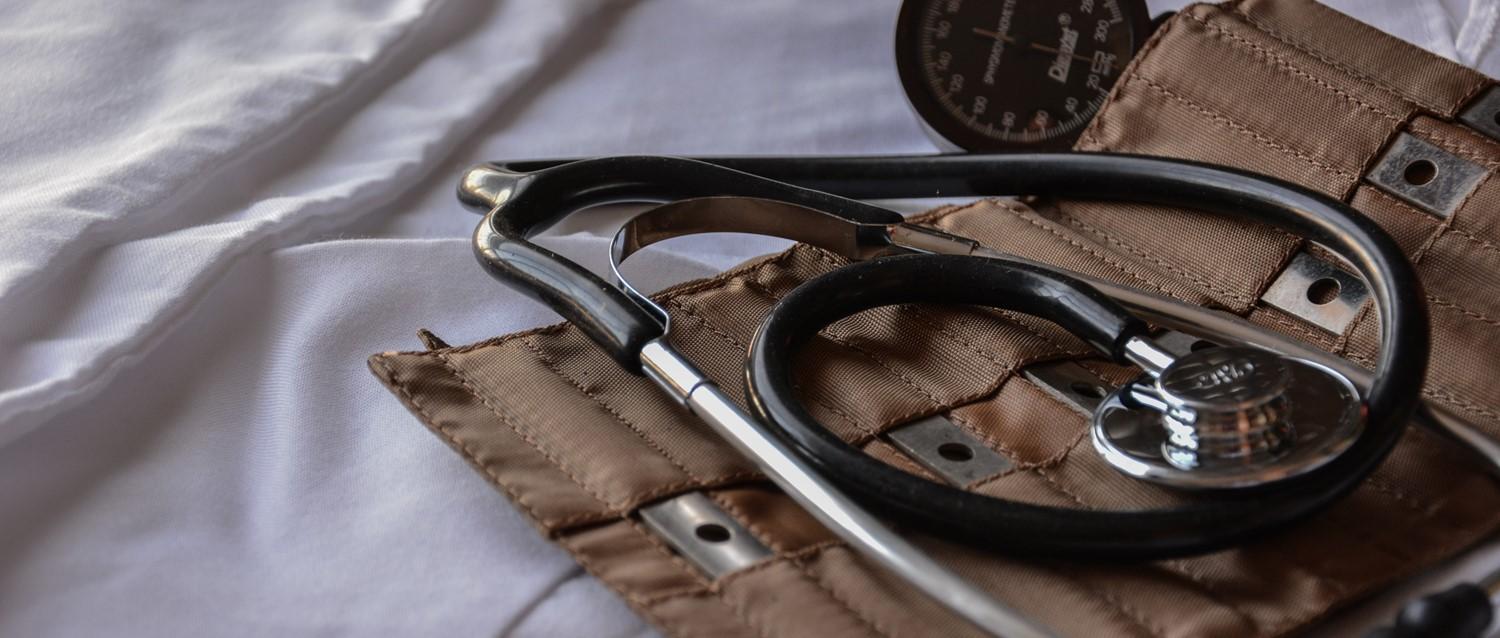
What you need to know before having surgery
Peer reviewed by Dr Colin Tidy, MRCGPLast updated by Dr Sarah Jarvis MBE, FRCGPLast updated 7 Aug 2020
- DownloadDownload
- Share
Millions of people have surgery each year. Each patient will be prepped by a team and supported by specialists to make sure they get the right care before, during and after the operation. But there's plenty you can do yourself to prepare before heading into surgery, including asking a few simple questions that will put your mind at ease.
In this article:
At the outbreak of the coronavirus pandemic, many routine surgeries were put on hold in order to account for the increased demand on hospitals treating COVID-19 patients. Still, many patients are waiting for surgery but more may start to be treated over the coming weeks.
Most people who have surgery on the NHS will be invited for an assessment before the operation. Occasionally it will pick up an issue which means the surgery has to be delayed. For most people, though, it just lets your team know whether any special precautions will need to be taken - for instance, how soon you're likely to be fit to go home and whether any special care will be needed during your recovery.
Continue reading below
Attending your assessment
You could be asked to attend your pre-op assessment in person, to see a nurse or a doctor (usually an anaesthetist). Or the assessment could be done on the phone or even by email - it depends on the type of surgery you're booked for, whether it's under local or general anaesthetic, and your medical history.
The doctor or nurse doing the assessment will need to know details of your medical history and ideally the results of recent blood tests, scans etc. They'll usually have these from your hospital notes, but if you've had recent tests from your GP, it's worth asking your practice for a copy to take with you. Don't forget to take a full list of any medicines you take - including tablets and any supplements you buy without a prescription. Write down a list of any allergies, and any problems you've had after previous surgery too.
It's also your chance to ask questions. Ask about the hospital policy on visiting hours, use of mobile phone, and transport to and from the hospital - they can usually arrange transport home if you can't get home yourself. The assessment team should tell you:
How long you're likely to be in hospital.
What you'll need to bring with you for your stay.
Whether you need to stop or adjust any medicines beforehand, and for how long.
Whether you need to stop eating or drinking (and for how long).
Whether you need to take medicine to prepare you (eg to clear out your bowel before a colonoscopy - an examination of your large bowel before a telescopic examination).
Whether you'll be fit to go straight home or will need a stay at a nursing home - this is more likely if you're having major surgery and live alone.
You won't be allowed to bring plug-in devices like a television, laptop or radio with you, but most hospitals have TV/radio systems by each bed which you rent for a day or week. As well as a sponge bag with toiletries, underwear and nightclothes, do pack a good book, a list of contact numbers (including your GP's), and a small amount of money. And bring some day clothes with you too. There's very good evidence that getting out of bed and dressed as soon as possible after surgery speeds up your recovery.
Patient picks for Healthcare

General health and lifestyle
Is there an LGBTQ+ health gap?
LGBTQ+ people continue to face discrimination in the UK. Inequality is leading to poorer healthcare, later diagnosis and worse treatment for people with marginalised gender identities or sexualities.
by Milly Evans

General health and lifestyle
Exercise and physical activity
Doing regular physical activity can make people feel good about themselves and it can have a number of benefits for health. For example, it reduces the risk of developing heart disease, stroke, high blood pressure, many cancers, type 2 diabetes and 'thinning' of the bones (osteoporosis). Regular physical activity also helps to control weight and ease stress. Ideally, the aim should be at least 30 minutes of moderate-intensity physical activity on at least five days of the week but even 10 minutes is better than nothing. You should aim to do at least a couple of sessions of muscle-strengthening activities per week as well.
by Dr Philippa Vincent, MRCGP
Recovering well
After surgery, expect your team to get you up and moving as soon as possible - this includes after hip or knee surgery, where a physiotherapist will visit the ward to give you exercises. Physiotherapy for some surgeries may also be carried out or continued remotely, in order to minimise contact with others during the pandemic.
Getting up and about as much as you can will speed up your recovery. But follow your team's advice on lifting, driving, doing housework etc - overdoing it could delay your recovery.
There are all sorts of things you'll need to know after your surgery. The questions - and the answers - depend very much on the type of surgery you're having. For instance, you'll often go home the same day after cataract surgery, but be in hospital for 3-5 days after knee or hip replacement. And how soon you can drive will be very different if you're having a hip replacement compared to hand surgery.
The sort of questions you may want to know include:
What difference to my condition will this surgery make?
Do I need an occupational health assessment for devices to help me cope at home while I'm recovering?
How soon can I go home?
Do I need to take special precautions (eg climbing stairs, lifting etc) and if so, for how long?
How soon can I drive?
How soon can I go back to work?
How soon can I have sex?
Having surgery is always a bit scary, but knowing what questions to ask can really help you feel in control.
With thanks to My Weekly magazine, where this article was originally published.
Article history
The information on this page is peer reviewed by qualified clinicians.
7 Aug 2020 | Latest version

Ask, share, connect.
Browse discussions, ask questions, and share experiences across hundreds of health topics.

Feeling unwell?
Assess your symptoms online for free